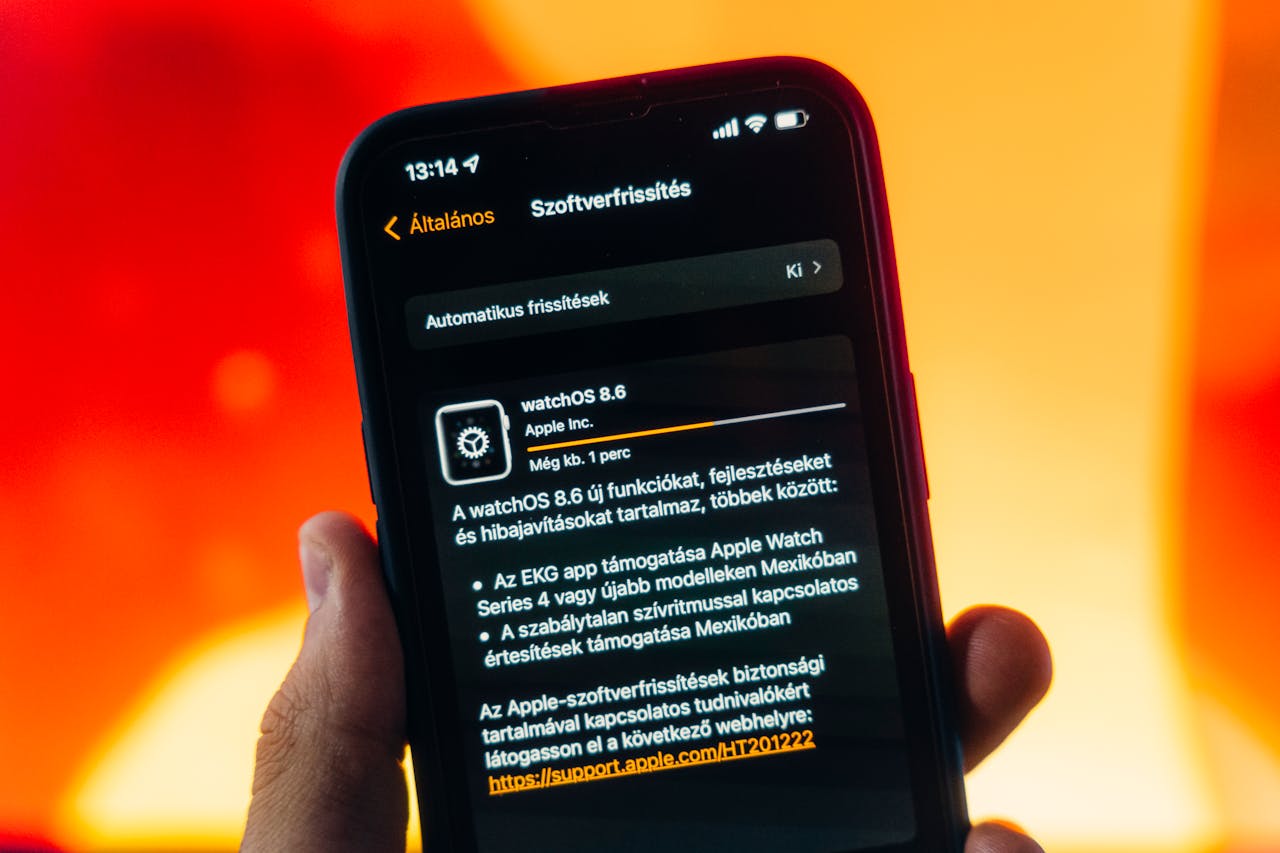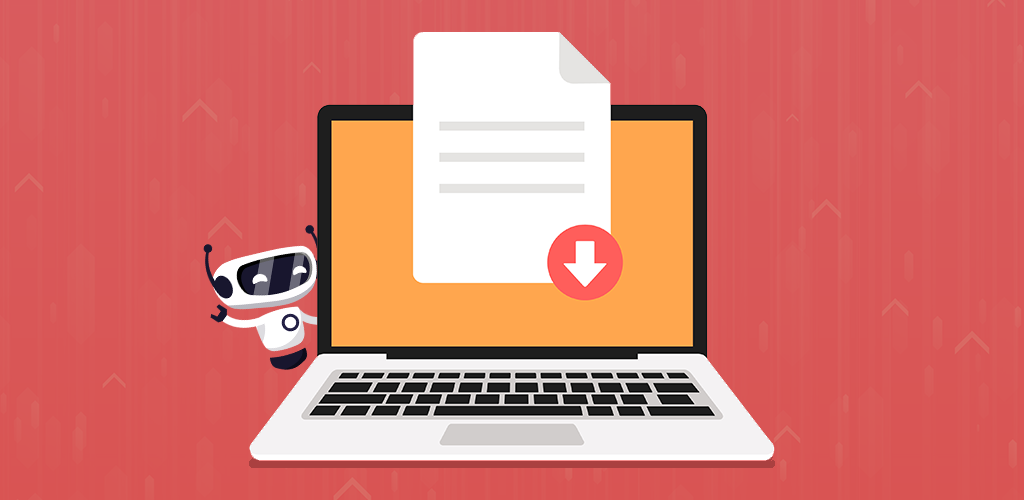Alright folks, let me break it down for ya. In today's digital world, downloading has become second nature. Whether it's movies, music, software, or e-books, we all do it. But here's the deal: not every download is safe, and not every method is efficient. That's why having a comprehensive guide to safe and efficient downloading is like carrying a Swiss Army knife in your pocket. You never know when you'll need it. So, buckle up because we're diving deep into the world of downloads, where safety meets efficiency.
Now, before we get into the nitty-gritty, let's talk about why this matters. Every time you download something, you're opening a door to your device. If that door isn't properly secured, bad stuff can sneak in—like malware, viruses, or even hackers. That's why understanding how to download safely and efficiently isn't just a good idea; it's a necessity. Think of it as a digital survival guide for the modern age.
So, whether you're a tech-savvy pro or someone who's just starting to explore the digital landscape, this guide is for you. We'll cover everything from the basics to the advanced tips that'll keep your downloads secure and your devices running smoothly. Let's get started!
Table of Contents
- Understanding Downloads
- Types of Downloads
- Risks Associated with Downloading
- Safe Downloading Practices
- Tools for Efficient Downloading
- Choosing Reliable Sources
- Managing Download Speed
- Securing Your Device
- Common Mistakes to Avoid
- Conclusion and Next Steps
Understanding Downloads
Let's start with the basics. What exactly is a download? Simply put, downloading is the process of transferring data from the internet to your device. It's like bringing home groceries from the store, except instead of food, you're bringing digital files. These files can be anything—documents, apps, videos, or even entire operating systems.
But here's the thing: not all downloads are created equal. Some are harmless, while others can wreak havoc on your device. That's why understanding the ins and outs of downloading is crucial. In this section, we'll explore the different types of downloads and what they mean for your digital safety.
Why Downloads Matter
Think about it. Every app you use, every movie you watch, and every song you listen to likely started as a download. Downloads are the backbone of our digital lives. But with great power comes great responsibility. If you're not careful, downloads can compromise your privacy, slow down your device, or even steal your data.
Types of Downloads
Alright, let's break it down. Downloads come in all shapes and sizes. Here are the most common types:
- Software Downloads: These include apps, programs, and operating systems. Think of them as the tools that make your device work.
- Media Downloads: Movies, music, and e-books fall into this category. They're the entertainment that keeps us glued to our screens.
- Document Downloads: PDFs, Word files, and spreadsheets are examples of document downloads. They're essential for work and study.
- Torrent Downloads: These are peer-to-peer downloads that allow you to share files with others. But be careful—torrents can be risky if you're not using them properly.
Each type of download comes with its own set of risks and benefits. Knowing the difference can help you stay safe while getting what you need.
Risks Associated with Downloading
Now, let's talk about the elephant in the room. Downloading isn't always safe. In fact, it can be downright dangerous if you're not careful. Here are some of the biggest risks you need to watch out for:
Malware and Viruses
Malware and viruses are like digital parasites. They attach themselves to your downloads and wreak havoc on your device. They can steal your data, corrupt your files, or even take control of your system. That's why it's crucial to have a reliable antivirus program and to only download from trusted sources.
Phishing Scams
Phishing scams are sneaky. They disguise themselves as legitimate downloads but are actually traps designed to steal your information. Always double-check the source of your downloads and be wary of anything that seems too good to be true.
Safe Downloading Practices
Alright, now that we've covered the risks, let's talk about how to stay safe. Here are some best practices for downloading:
Use Trusted Sources
This one's a no-brainer. Stick to reputable websites and app stores when downloading anything. If you're unsure about a source, do your research. A quick Google search can save you a lot of headaches.
Install Antivirus Software
Antivirus software is your first line of defense against malicious downloads. Make sure you have a reliable program installed and keep it updated. It's like having a security guard for your device.
Scan Downloads Before Opening
Even if you trust the source, it's always a good idea to scan your downloads before opening them. Most antivirus programs can do this automatically, but it's worth double-checking just to be safe.
Tools for Efficient Downloading
Efficiency is key when it comes to downloading. Here are some tools that can help you get the job done faster and more effectively:
Download Managers
Download managers are like personal assistants for your downloads. They help you organize, prioritize, and speed up your downloads. Some popular options include IDM (Internet Download Manager) and Free Download Manager.
Torrent Clients
If you're into torrenting, having a reliable torrent client is a must. Programs like qBittorrent and Transmission offer a safe and efficient way to share files with others. Just remember to use them responsibly and avoid copyrighted material.
Choosing Reliable Sources
Finding reliable sources for your downloads can be tricky. Here are some tips to help you make the right choice:
Check User Reviews
User reviews are like word-of-mouth recommendations in the digital world. If a website or app has a lot of positive reviews, it's probably trustworthy. But if you see a bunch of complaints, it might be best to steer clear.
Look for HTTPS
HTTPS is the secure version of HTTP. Websites that use HTTPS encrypt your data, making it harder for hackers to intercept. Always check for the little lock icon in your browser's address bar before downloading anything.
Managing Download Speed
Download speed can make or break your experience. Here are some tips to help you manage it:
Close Unnecessary Programs
Running too many programs at once can slow down your download speed. Close any programs you're not using to free up bandwidth.
Use a Speed Booster
Speed booster tools can help you maximize your download speed by optimizing your network settings. Just be careful when choosing one—some can be more trouble than they're worth.
Securing Your Device
Your device is your digital fortress, and it needs to be protected. Here are some ways to keep it secure:
Enable Firewall
A firewall acts as a barrier between your device and the internet, blocking unauthorized access. Make sure it's enabled on your computer or router.
Keep Software Updated
Software updates often include security patches that protect against new threats. Don't ignore those pesky update notifications—they're there for a reason.
Common Mistakes to Avoid
Even the best of us make mistakes. Here are some common ones to watch out for:
Downloading from Unverified Sources
This one's a biggie. Unverified sources can be a breeding ground for malware and viruses. Always verify the source before downloading anything.
Ignoring Warnings
Your browser or antivirus program might warn you about a suspicious download. Don't ignore these warnings—they're there to protect you.
Conclusion and Next Steps
Alright, we've covered a lot of ground. To recap:
- Downloading is an essential part of our digital lives, but it comes with risks.
- Stick to trusted sources, use antivirus software, and scan your downloads before opening them.
- Use tools like download managers and torrent clients to make the process more efficient.
- Secure your device by enabling firewalls and keeping software updated.
Now it's your turn. Take what you've learned and put it into practice. Share this guide with your friends and family to help them stay safe online. And remember, when it comes to downloading, knowledge is power. Stay safe out there, folks!


